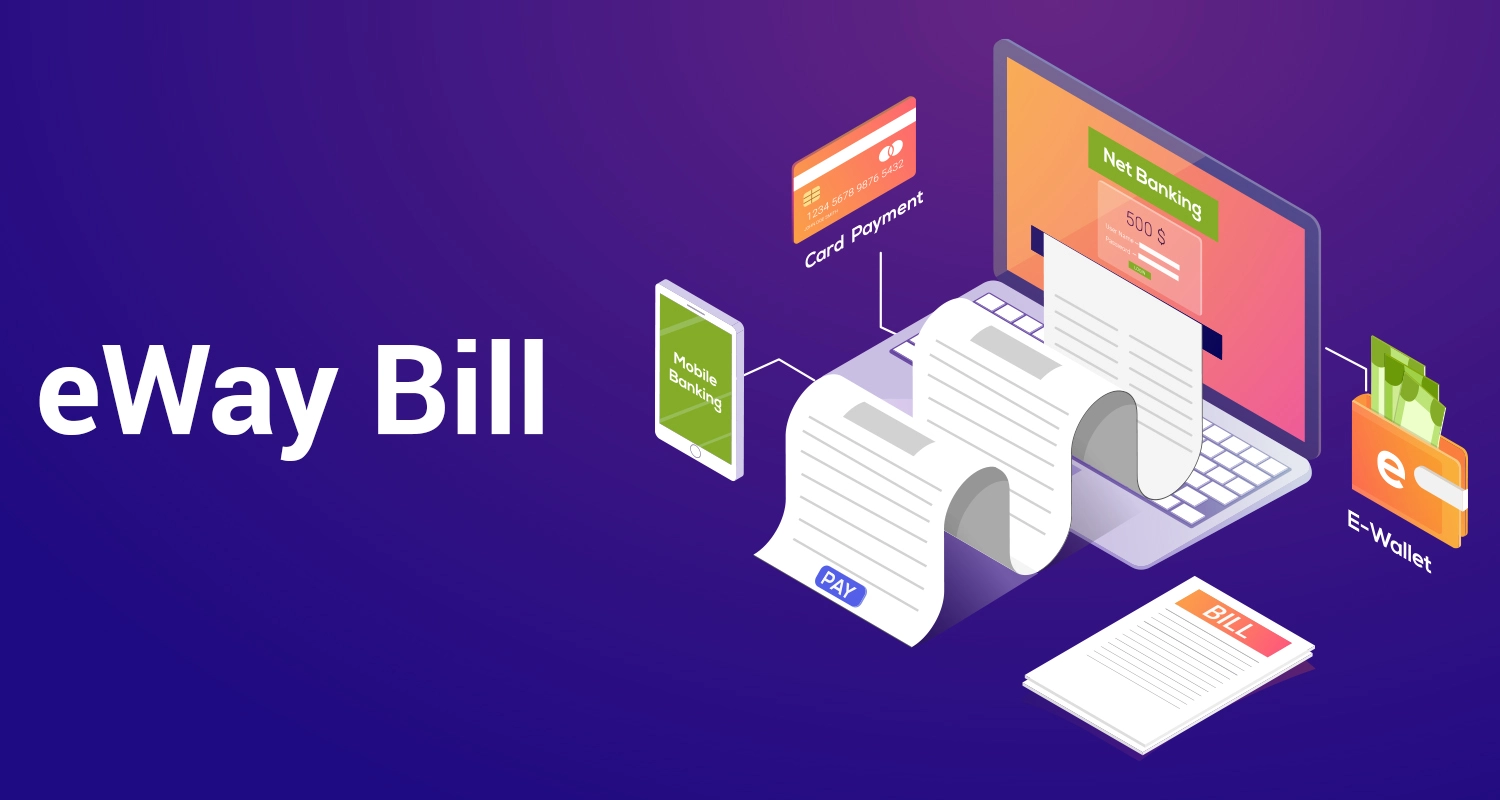What is an eWay Bill?
The eWay Bill is an electronic document used in India to facilitate and regulate the transportation of goods. Created on the GST portal, it serves as a compliance tool that ensures proper tracking and monitoring of goods during transit. When an eWay Bill is generated, it assigns a unique eWay Bill Number (EBN) that is accessible to the supplier, recipient, and transporter.
Why was the eWay Bill Introduced?
The eWay Bill system was established to:
- Facilitate the seamless movement of goods across the country.
- Prevent tax evasion and combat the use of fake invoices.
- Enhance compliance and transparency in the logistics sector.
Structure of an eWay Bill
An eWay Bill consists of two parts, outlined in FORM GSTEWB-01:
- Part A: Includes details such as:
- GSTIN of the supplier and recipient
- Place of dispatch and delivery
- Document number and date
- Value of the goods
- HSN code
- Reason for transportation
- Part B: Requires:
- Vehicle number for road transport
- Document numbers like temporary vehicle registration or defense vehicle number
Registered persons under GST must fill out Part A, while Part B can be completed by the recipient, consignor, or consignee. If the recipient is unregistered, they must generate the eWay Bill as if they were the supplier.
Consolidated eWay Bill
When transporting multiple consignments in a single vehicle, a Consolidated eWay Bill can be generated using Form GSTEWB-02, which requires all individual eWay Bills for the goods being transported.
When is an eWay Bill Applicable?
The eWay Bill system is applicable for both intra-state and inter-state transportation of goods, particularly when the value exceeds ₹50,000. Notably, individual states may customize its implementation according to their GST regulations.
Definition of Supply Under the CGST Act 2017
The eWay Bill applies to:
- All types of transactions involving goods or services, including sales, barter, leases, and transfers.
- Transactions conducted for consideration in the course of business or otherwise.
Who Should Generate an eWay Bill?
- An eWay Bill must be generated when goods valued over ₹50,000 are transported to or from a registered person.
- Unregistered persons must generate an eWay Bill when delivering goods to a registered person, ensuring compliance as if they were the supplier.
- Transporters also need to generate an eWay Bill if the supplier hasn’t provided one.
Who is Not Required to Generate an eWay Bill?
Transporters are exempt from generating an eWay Bill if:
- Each individual consignment is valued at ₹50,000 or less, but the total value exceeds ₹50,000.
Cases When eWay Bill is Not Required
The eWay Bill rules do not apply in the following scenarios:
- Transportation via non-motor vehicles.
- Goods transported from ports to inland container depots for customs clearance.
- Transit cargo to/from Nepal and Bhutan.
- Movement of empty cargo containers.
- Goods transported by the Central/State Government or local authorities by rail.
Modes of Generating eWay Bill
eWay Bills can be generated through:
- The official GST portal dedicated to eWay Bill generation.
- SMS services for those without internet access.
Documents Required for eWay Bill Generation
To generate an eWay Bill, the following documents or details are needed:
- Invoice/Bill of Supply/Challan related to the consignment.
- For road transport: Transporter ID or vehicle number.
- For rail, air, or ship transport: Transporter ID, transport document number, and document date.
Validity of eWay Bill
The validity of an eWay Bill is determined based on the distance traveled and is calculated from the date and time of generation.
Cancellation of eWay Bill
An eWay Bill can be canceled under two conditions:
- If the goods are not transported.
- If there are discrepancies in the details provided.
Cancellation must occur within 24 hours of generation through the common portal or designated facilitation centers, but cannot be canceled if verified during transit.
Conclusion
The eWay Bill system has significantly improved the efficiency of goods transportation in India, replacing cumbersome manual processes with a streamlined digital approach. It enhances compliance, reduces delays at checkpoints, and fosters a transparent business environment, marking a significant advancement for the logistics sector in India.
